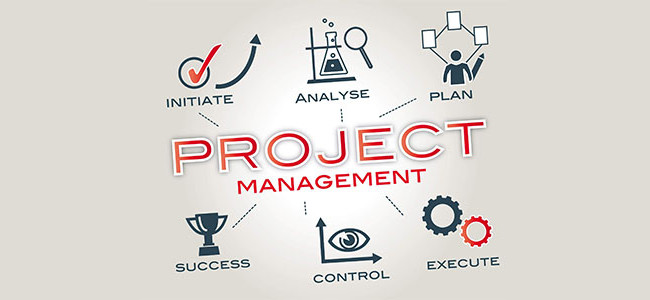Project Management

Project management is the application of knowledge, skills, tools, and techniques to project activities to meet the project requirements. Project management is accomplished through the appropriate application and integration of the 47 logically grouped project management processes, which are categorized into five Process Groups. These five Process Groups are:
• Initiating,
• Planning,
• Executing,
• Monitoring and Controlling,
• Closing.
Managing a project typically includes, but is not limited to:
• Identifying requirements.
• Addressing the various needs, concerns, and expectations of the stakeholders in planning and executing the project.
• Setting up, maintaining, and carrying out communications among stakeholders that are active, effective, and collaborative in nature.
• Managing stakeholders towards meeting project requirements and creating project deliverable.
• Balancing the competing project constraints, which include, but are not limited to:
○ Scope
○ Quality
○ Schedule
○ Budget
○ Resources
○ Risks
The specific project characteristics and circumstances can influence the constraints on which the project management team needs to focus.
The relationship among these factors is such that if any one factor changes, at least one other factor is likely to be affected. For example, if the schedule is shortened, often the budget needs to be increased to add additional resources to complete the same amount of work in less time. If a budget increase is not possible, the scope or targeted quality may be reduced to deliver the project’s end result in less time within the same budget amount.
Project stakeholders may have differing ideas as to which factors are the most important, creating an even greater challenge. Changing the project requirements or objectives may create additional risks. The project team needs to be able to assess the situation, balance the demands, and maintain proactive communication with stakeholders in order to deliver a successful project.
Due to the potential for change, the development of the project management plan is an iterative activity and is progressively elaborated throughout the project’s life cycle. Progressive elaboration involves continuously improving and detailing a plan as more detailed and specific information and more accurate estimates become available.
Progressive elaboration allows a project management team to define work and manage it to a greater level of detail as the project evolves.
